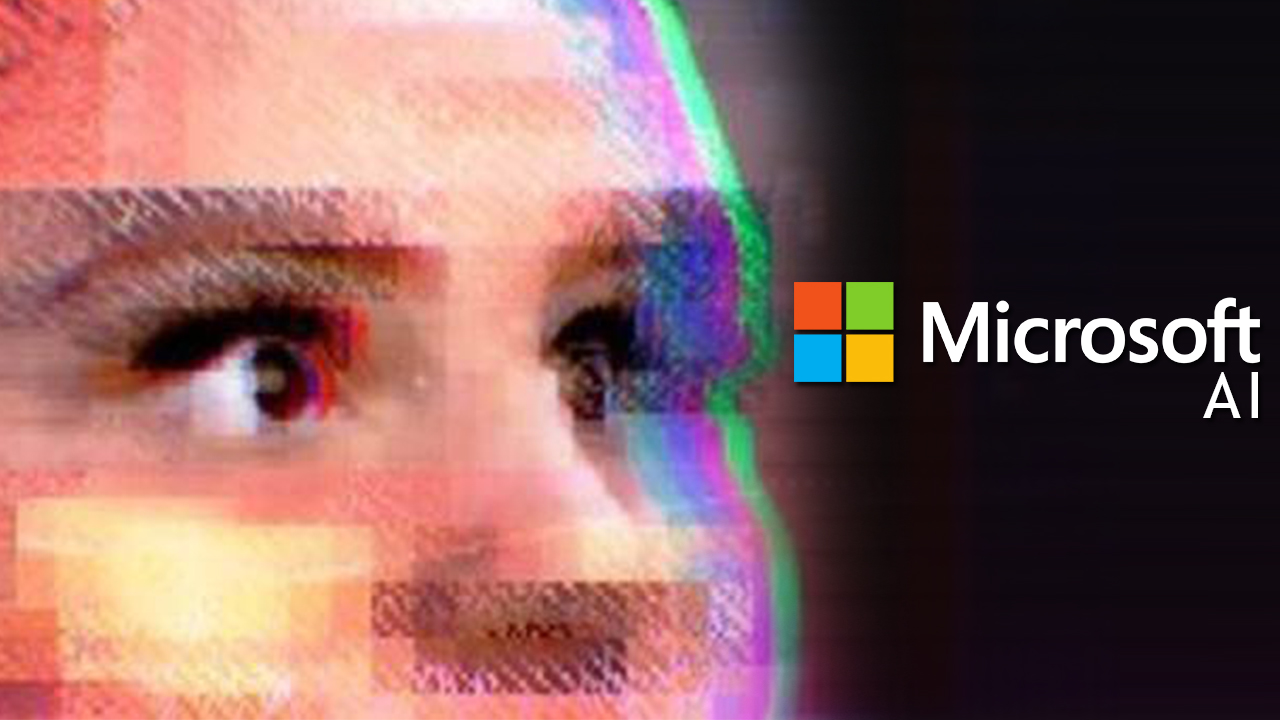Microsoft’s Corporate Vice President of Microsoft Data Group, Joseph Sirosh, wrote on the company’s official Azure blog about how the company is moving from “A PC on every desktop” to “deep learning in every software”.
Though the statement might seem a bit loaded, it does sum things up about the direction in which Microsoft, a company known around the world more for its Windows operating system than anything else, is headed – a company that focuses on building software that can be offered as a service over the cloud to enterprises and consumers alike.
But before we get into the details of the company’s ever-increasing exposure into the SaaS, or Software-as-a-Service, model let’s dig a bit more into Joseph Sirosh’s statement about extending AI to all the software we use.
Artificial Intelligence – A Rich Man’s Game?
The ability to deploy Artificial Intelligence is mostly restricted to big tech companies such as Microsoft, Google, IBM and others, and the biggest limiting factor slowing down the rapid expansion of AI systems is the cost involved. Though everyone would love to have that amount of computing power at their fingertips, the cost of building such applications – let alone running them – far outweighs the revenues they can earn, at least at this point in time.
Thanks to the evolution of the cloud industry, today, businesses need not think of building every software they require using their own teams. No need to spend months hiring and building an IT team, doing all the planning, building and testing, and then launching your own applications. Nor do they need to spend millions of dollars licensing proprietary software. All they just have to find the best software, pay a monthly fee and reap all the benefits. It’s as simple as subscribing to the best software for their needs, and using their IT team to customize it as necessary.
Related Article: Microsoft Teams and the New Enterprise Strategy – Everything First, Nothing Second
Deep learning, as Joseph Sirosh says, is indeed behind many breakthroughs we witnessed in recent years. And it is one of those areas where, no matter how much progress we make, it will never be enough.
As big companies engage in the furious battle for supremacy and bask in the sheer joy of innovation, it will keep them on their toes, driving incremental improvements and path-breaking disruptions – in equal measure.
Real Artificial Intelligence Hasn’t Fully Arrived Yet
Though the idea of artificial intelligence often immediately evokes the kind of sci-fi imagery that Hollywood has immortalized through iconic movies, in reality, it’s more about putting hyperscale computing power to proper work.
As such, it’s absolutely possible in the future to have all our software have some element of AI capability built into it. But people are not going to start exploiting such advantages unless they can see real benefits from doing so. There aren’t any real-world implications of IBM’s Watson being able to win a game of jeopardy or for Google’s DeepMind being able to beat a world champion at a game of Go.
Therefore, we hold that pure AI applications still remain a rich man’s game. But, by incorporating components of AI into software that can practically enhance the usability of that software, artificial intelligence can gradually be put within the reach of everyday consumers.
The Role of Tech Majors in the Spread of Artificial Intelligence
That’s where these companies can really contribute to the propagation of artificial intelligence – not by impressing millions with their abilities, but by helping individual users, groups and companies be more productive, more efficient and a whole lot smarter than we are right now.
Truth be told, tech majors are definitely doing their part in spreading the practical side of AI. Predictive analytics in oncology from IBM, search intelligence from Google, voice shopping with Alexa on Amazon Echo…the list goes on.
But what we need to realize is that the onus is on big companies like IBM, Microsoft, Google, Facebook and the rest to bring those practical AI components into our homes, our offices, our cars, our gadgets and our lives. Microsoft has openly voiced it, but every company in the AI space knows that practical applications are the key – not only to monetizing artificial intelligence, but to making a real difference in our lives.
The deeply complex subject of artificial intelligence might actually be as simple as that.
Thanks for reading our work! Please bookmark 1redDrop.com to keep tabs on the hottest, most happening tech and business news from around the world. On Apple News, please favorite the 1redDrop channel to get us in your news feed.



